Waste management in Lithuania
Correct and responsible waste management is a very important part of environment protection policy of any country. While the “Reduce. Reuse. Recycle.” mantra has been known for a very long time now, the reality is usually less perfect. More and more countries realize the importance of circular economy and try to implement it. However, before circular economy will become standard, other waste management techniques such as recycling, composting and waste burning are widely used. It is important to share best practice examples and learn from each other, in order to avoid pollution resulting from poor waste management. In this posting we will explore how waste is managed in Lithuania.
Please also read: Tourism and waste management improvement in Synevyr, Ukraine
Deposit system for bottles and cans
One of the most difficult but rewarding waste management actions was the introduction of the deposit system in Lithuania in 2016. The deposit system means that with every beverage packed in glass, plastic bottle or in a can, a buyer pays a little deposit on top of the beverage price (0,1 Eur in Lithuania). After the beverage has been drunk, the package can be returned to the automatized bottle collection machine. These machines can be found in every supermarket larger than 300 m².
The deposit system has remarkably improved recycling rates of bottles and cans. Data from 2018 suggests that 92% of all packaging released to the market has been returned for recycling. The difference can also be seen visually – our beaches, forests and cities became cleaner. In fact, empty bottles and cans became valuable and people are more inclined to take them home from camping. This teaches a valuable lesson – do not leave anything in the nature, bring home everything that you brought.
Simple and convenient recycling system
Lithuania has one of the highest recycling rates in Europe. According to data from the European Environment Agency, in 2016 Lithuania has reached its targets for 2030 in packaging waste recycling. In addition, in 2017 the country reported 48% municipal waste recycled and composted (taking eight place in the EU).
This high rate of municipal recycling is achieved by combining different tactics. Firstly, the government has been greatly focusing on eco-education. Starting from primary school where children are taught how to recycle correctly, up to celebrations and festivals focusing on sustainability. From social commercials on TV to posters in small village stores encouraging people to prevent pollution. These programmes have been successfully running for years, educating people of Lithuania about sustainability.
Secondly, the network of recycling bins is very wide and convenient for citizens. It means that everybody has an easily accessible recycle bin with clear marking and instructions what to put where. Thirdly, the government offers financial incentives to encourage recycling. Residents have to pay taxes for mixed waste disposal. But the disposal of recycled waste is free of charge (because it is paid by companies who release recyclable packaging into the market). Therefore, the more waste residents recycle, the less they have to pay taxes for garbage disposal.
Electronic system for tracking waste movement
For legal entities, Lithuania has implemented and electronic system where waste movement can be tracked – GPAIS. From creation to transportation to elimination, government officials can track waste of each company. There are laws witch define which businesses have to sign up with the GPAIS system. Usually it depends on annual amount of waste produced and the waste toxicity. Then, each type of waste (e.g. carton, tires, oil, wood etc) has to be logged into the system. This way, the inspectors can see what was done with waste in the company, how much it produced waste and what companies dispose of waste. Additionally, in case of hazardous events (e.g. fire), it is easy to determine how much toxic waste is in the building.
Still some room for improvement
Lithuania has many examples of good practices, however, there is always room for improvement. Despite having a very high recycling rate, Lithuania still lacks recycling companies, where recycled materials would be turned into products. In addition, the government is investing money into cogeneration plants (waste burning and heat producing power plants) In the near future there will be three active cogeneration plants. These investments are negatively perceived by circular economy enthusiasts. They claim that Lithuania has high potential to become one of the first countries with circular economy, and that this should be a priority direction.


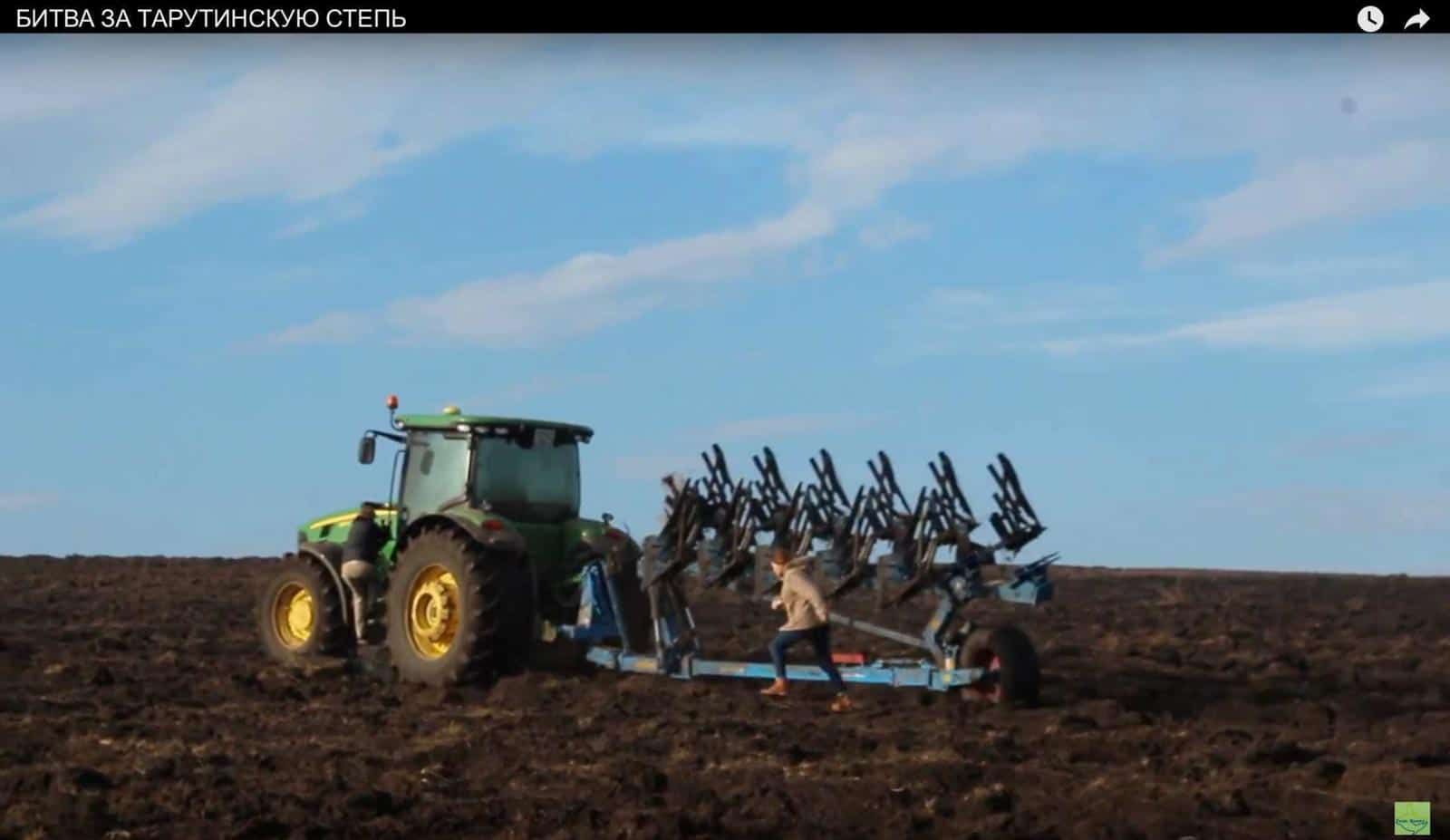
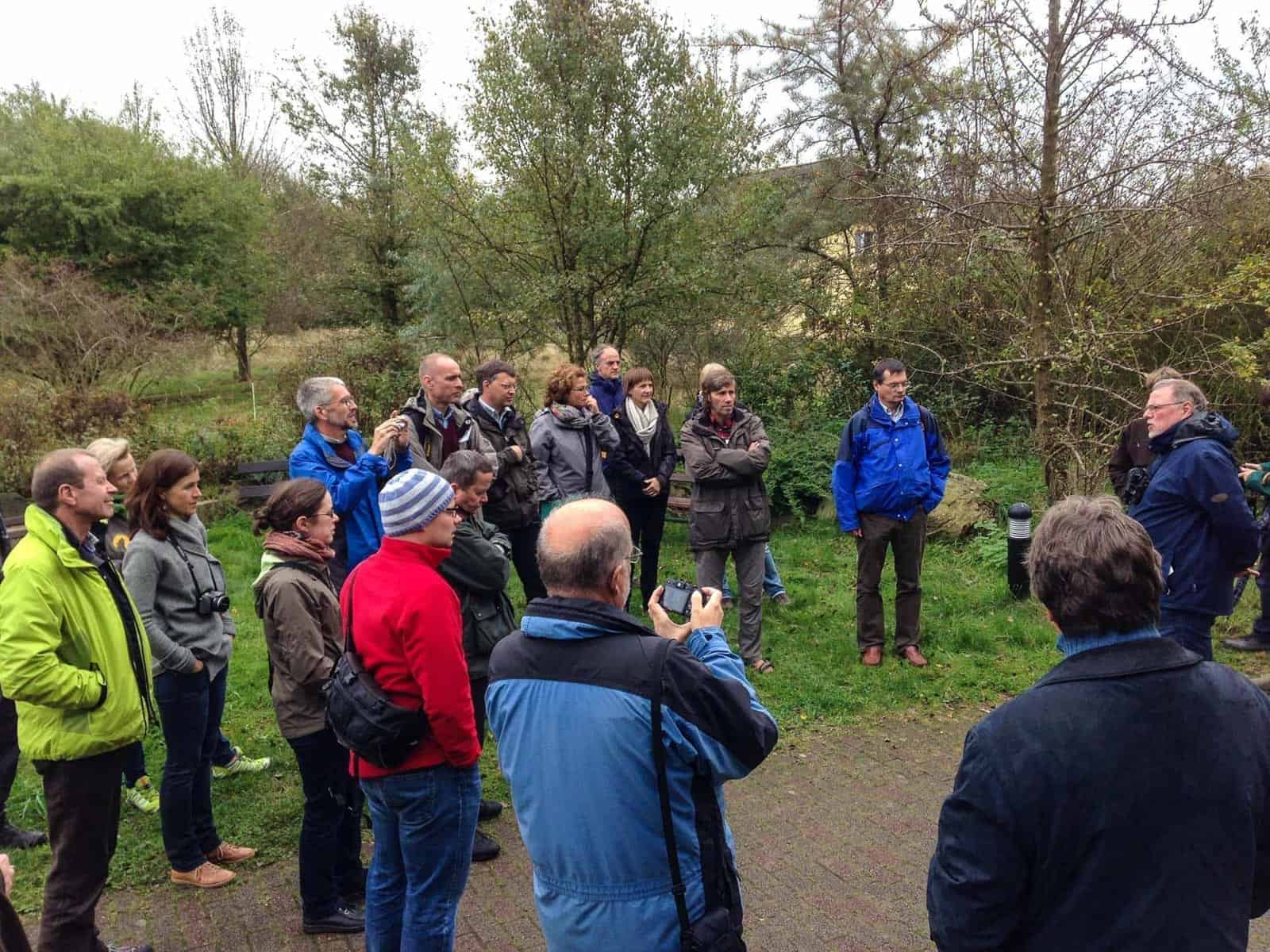
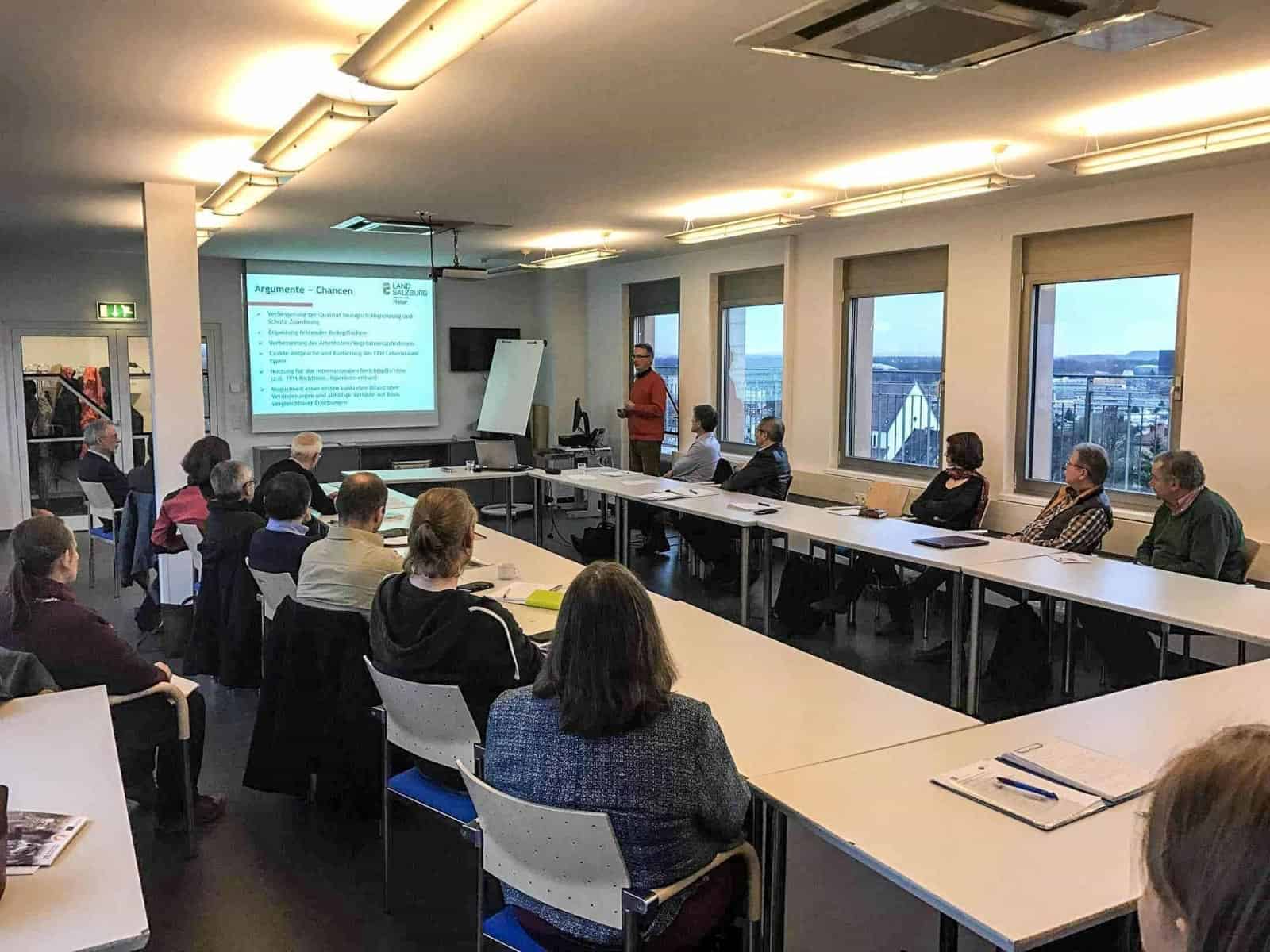
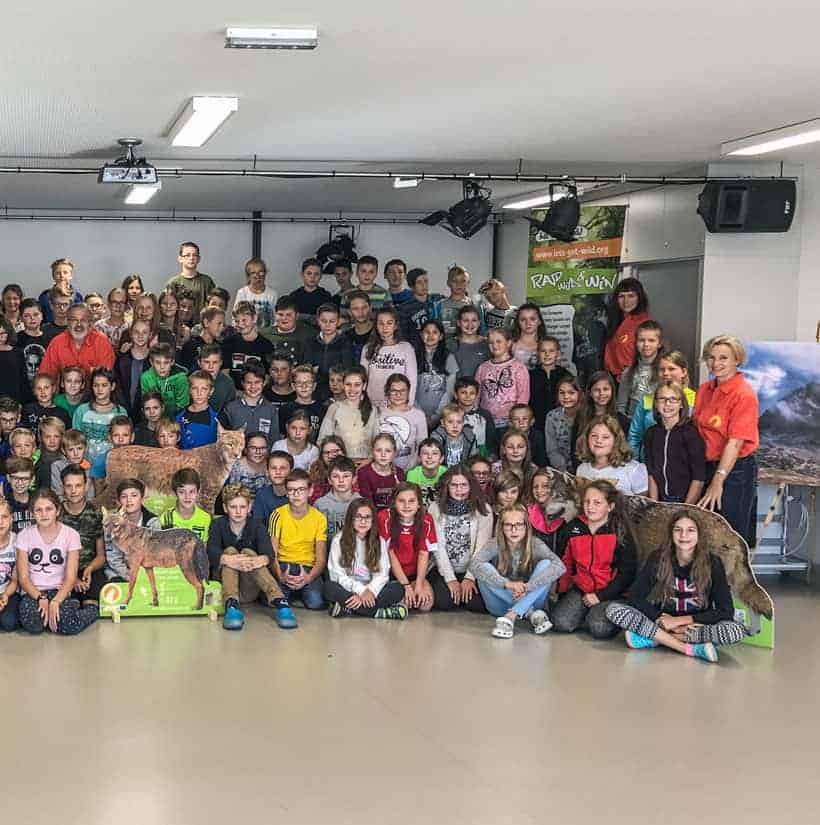

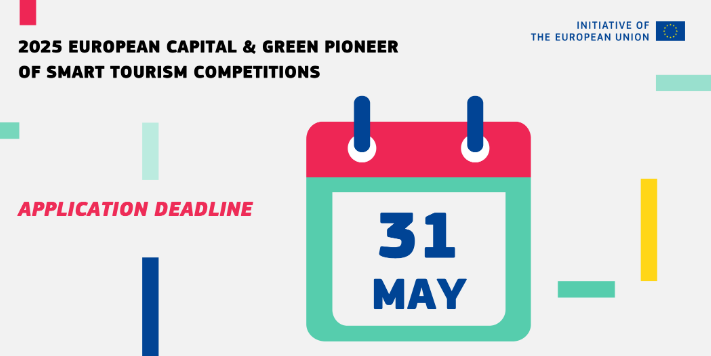
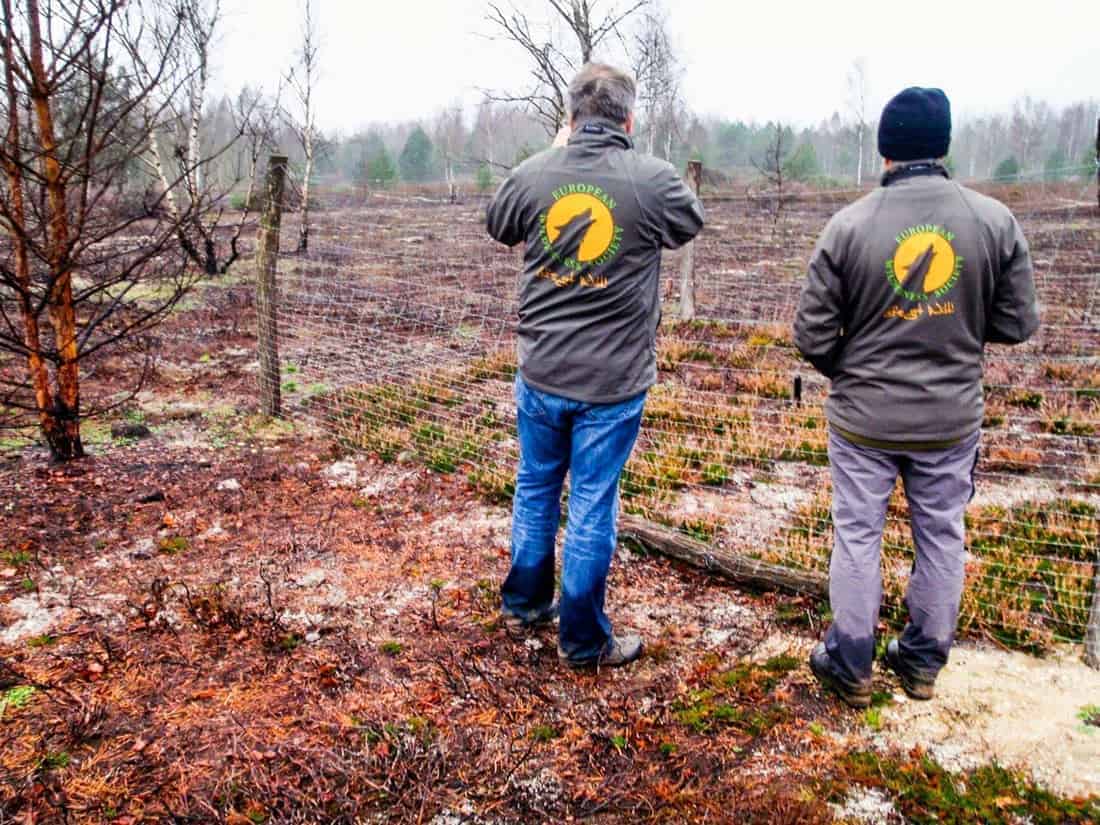
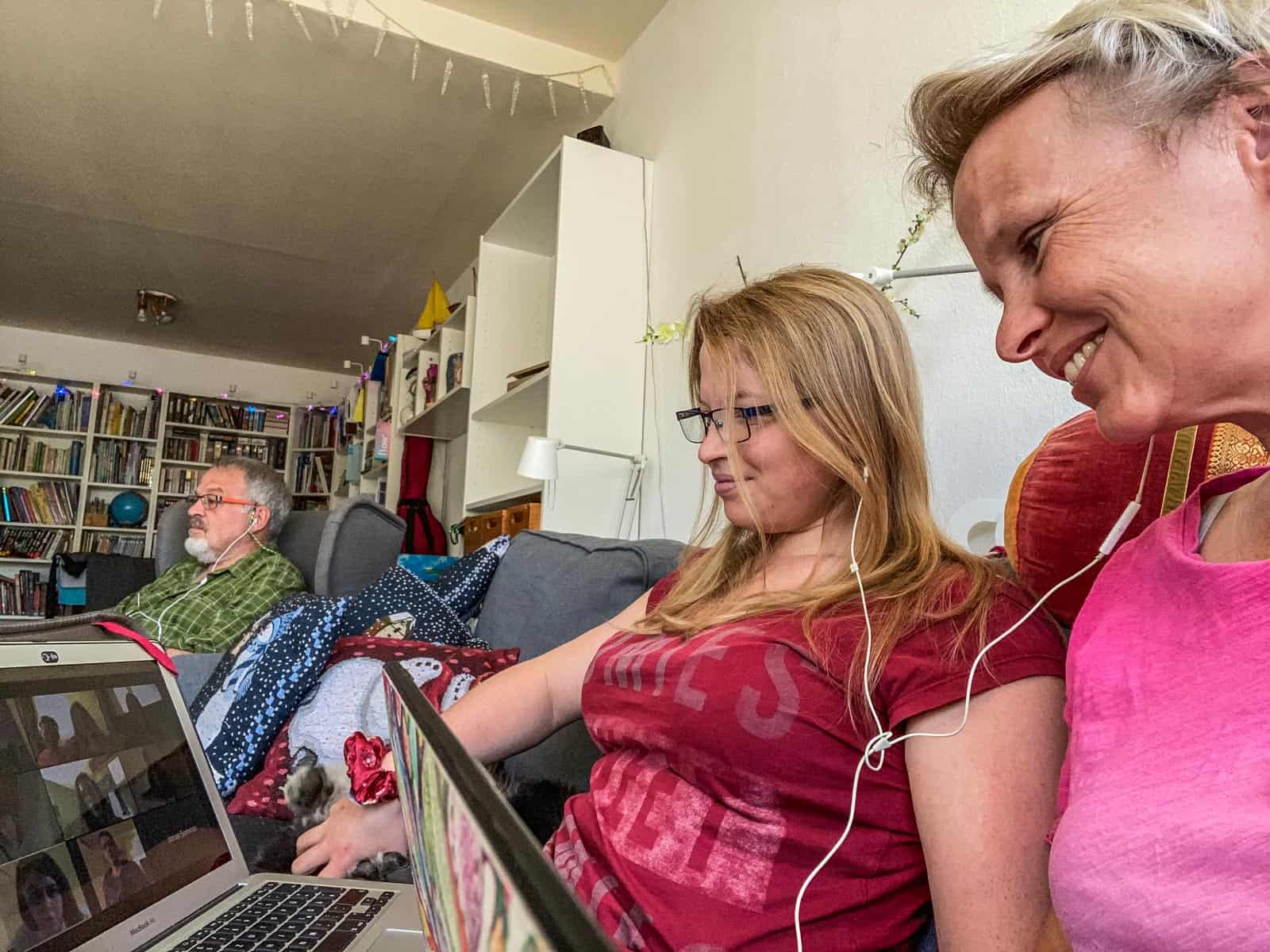
Pingback: Examples from Europe: How Lithuania is becoming a leader in recycling – ESG NEWS